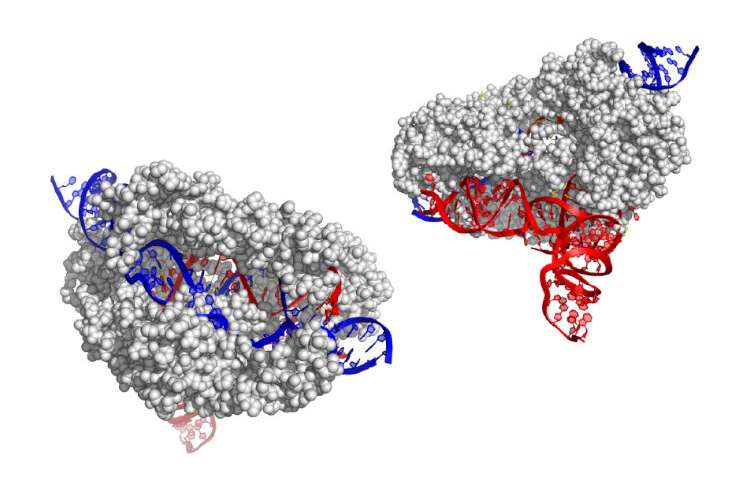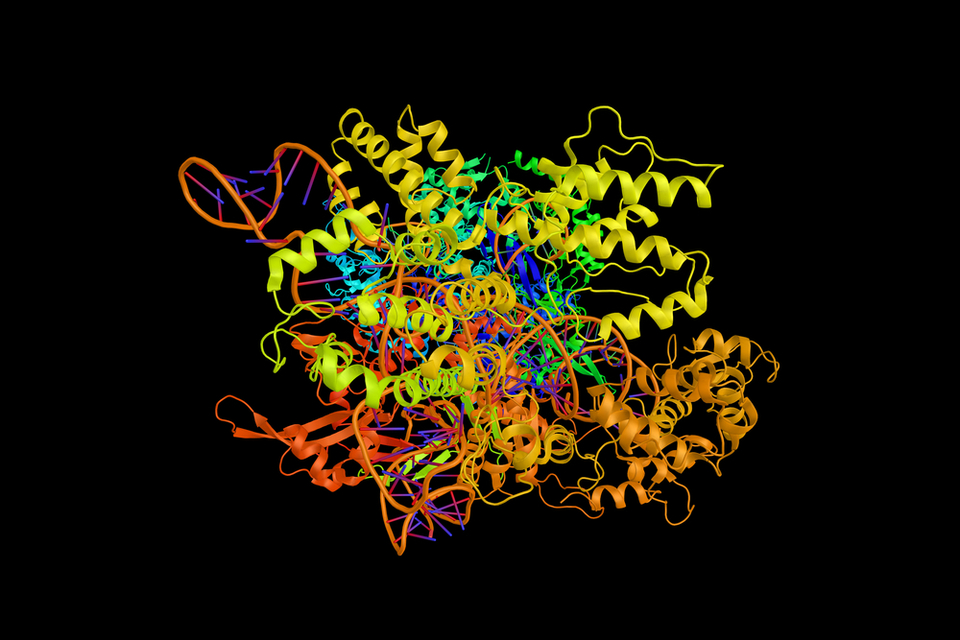Scientists from the University of California, Berkeley just confirmed that the gene editor they discovered two years ago could be a viable alternative to Cas9. Called CasX, the gene editing protein was first found in bacteria from known species living in sediment and groundwater.
In the study, published in the journal Nature, the team reported their ability to determine the unique structure of CasX. The team revealed that the compact enzyme primarily contains RNA, which guides it to specific DNA sequences that it can cut or bind.
The researchers further claimed that the pint-sized gene editor has all the capabilities of Cas9. However, unlike Cas9, humans do not naturally have CasX and share no common ancestry with it.
Due to this, the scientists are confident that humans will better receive CasX, eliminating any risk of triggering an immune reaction.
CasX Gene Editor
According to the researchers, CasX is a potent and highly efficient gene editor in both human and bacteria cells. While its structure resembles Cas9 and its cousin, Cas12, CasX evolved independently in the bacteria where it came from.
Using a cryo-electron microscope, the team managed to capture images of CasX while editing a gene.

“The first thing that jumps out is how the highly unique domains accomplish similar roles to what we have seen with other RNA-guided DNA-binding proteins. CasX’s minimal size, with no fat on the bone, helps to clearly demonstrate there is a basic recipe that nature uses,” Benjamin Oakes, co-author of the study and a former UC Berkeley graduate student, said.
“Understanding this recipe will help us to better evolve and engineer genome editing tools for our purposes rather than nature’s.”
“We aren’t just looking to uncover the next pair of molecular scissors. We want to build the next Swiss Army knife,” Jennifer Doudna, a UC Berkeley professor of molecular and cell biology and of chemistry and a Howard Hughes Medical Institute Investigator, added.



















Comments (0)
Most Recent